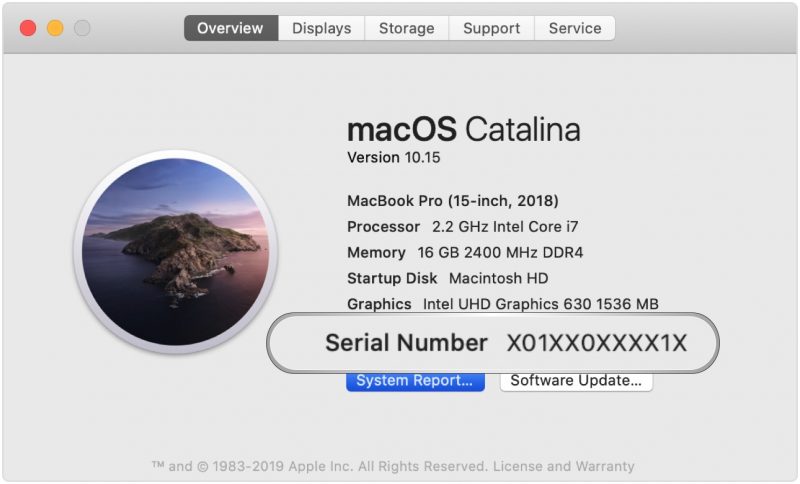
In an internal memo shared with Apple Authorized Service Providers, Apple has indicated that it plans to update its serial number format to a randomized alphanumeric string for future products starting in late 2020 (update: Apple now says 2021). Apple says all serial numbers that exist before the change is made will remain the same.

Apple already uses alphanumeric serial numbers, but it has long been possible to determine the date and location that a product was manufactured based on the current format. Readers would often use serial numbers to glean more information about their devices. The randomized format would likely not be decipherable, or at least hard to, and it could also help to reduce fraud.
The memo was published today and obtained by MacRumors from a reliable source. It is unclear if the change will apply worldwide.
Update: Apple has delayed this change until some point in 2021, according to an internal document viewed by MacRumors.
Article Link: Apple Plans to Switch to Randomized Serial Numbers for Future Products Starting in 2021 [Updated]
Last edited:

